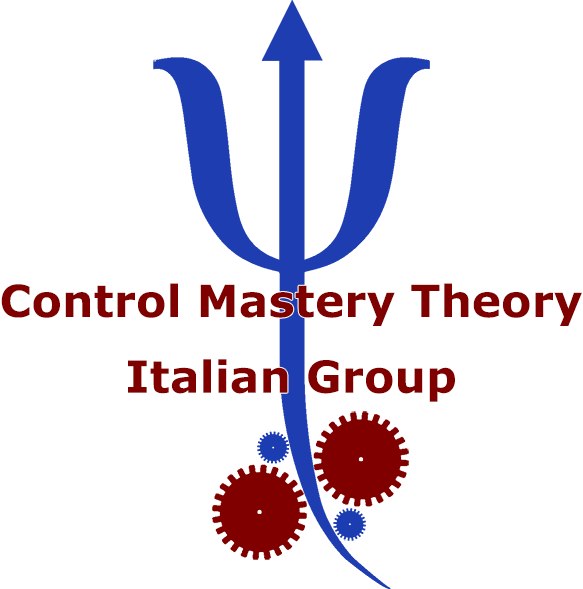
The aim of this paper is to show the evolution of the psychoanalytic conception of fantasy/phantasy from a psychic activity aimed at denying reality and/or fulfilling frustrated wishes to a tool useful for adapting to reality. We will then review some recent findings of empirical research on imagination and mental simulation showing how these activities, and mind wandering in general, is expression of the constant effort of the psyche to set and pursue adaptive goals, to elaborate and test plans, and to master and solve problems and traumas. Finally, we will show how these empirical data are consistent with the conception of fantasy proposed by the control-mastery theory (CMT; Gazzillo, 2016; Silberschatz, 2005; Weiss, 1993), an integrated cognitive-
dynamic relational theory of psychic functioning, psychopathology, and psychotherapy developed and tested in the last 40 years by the San Francisco Psychotherapy Research Group.
Per continuare a leggere l’abstract, cliccare QUI
